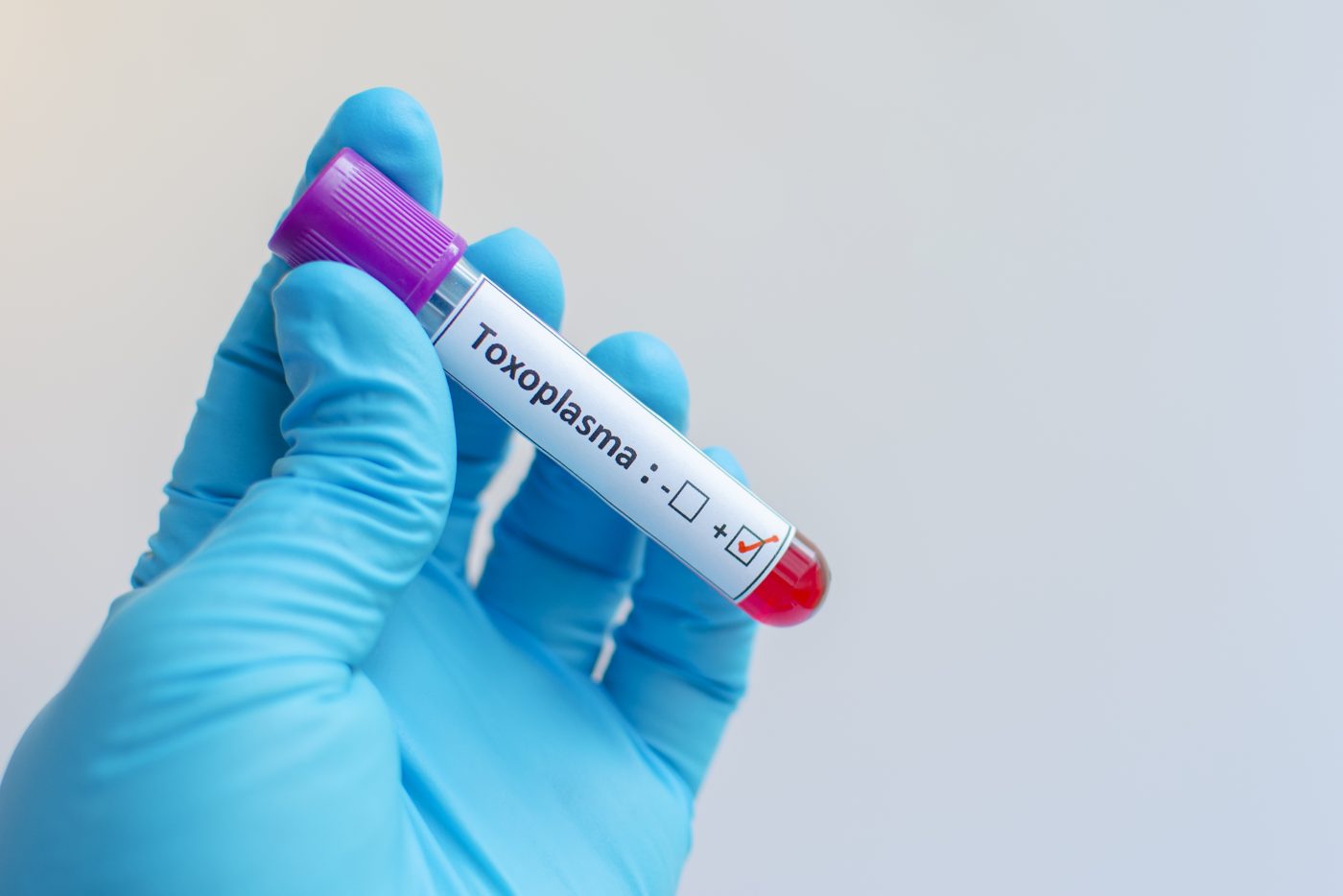Huntington’s Mice with Common Human Infection Shows Immune Impact on Disease

Mice models of Huntington’s disease, infected with a parasite commonly found in humans, react in a different way to the infection than normal mice, researchers have revealed. The study suggests that infection and immune activation can impact the course of the neurodegenerative disease.
Although researchers behind the study declined to speculate on the possibility that the same differences exist in humans with Huntington’s, they think the infection may contribute to differences in the onset of symptoms.
The study, “Huntington’s Disease Mice Infected with Toxoplasma gondii Demonstrate Early Kynurenine Pathway Activation, Altered CD8+ T-Cell Responses, and Premature Mortality,” was published in the journal PLOS ONE.
“We know environmental factors contribute to the large variability in age of disease onset, but next to nothing is known about which environmental factors are involved,” Jonathan Fox, a researcher at the University of Wyoming who contributed to the research, said in a news release.
With his colleague Jason Gigley, Fox examined how Toxoplasma gondii — a parasite infecting more than 20 percent of the U.S. population and many more people in other countries — impacted mice with Huntington’s.
The parasite is known to cause behavioral changes in mice that ensures the parasite’s survival.
Toxoplasma reproduces in the gut of cats. Humans come into contact with it either through contact with cat feces or by eating undercooked meat or unwashed fruit and vegetables that have been contaminated. Toxoplasma is also found in the ground. Just doing garden work can lead to the accidental consumption of the parasite.
When mice get infected with toxoplasma they lose their fear of cats, allowing the parasite to enter yet another cat stomach to reproduce.
Healthy people usually do not notice when they get infected with the parasite, though it stays in the body forever once it enters. However, the infection can cause issues for pregnant women including miscarriage and fetal development problems. People with flawed or suppressed immune systems may also get sick.
The researchers’ choice of infection and study subject was not random. Fox, who was focusing on Huntington’s disease, learned from Gigley, a toxoplasma researcher, that they had something in common — both Huntington’s disease and toxoplasma infection are linked to the activation of the same molecular pathway.
This cascade of cellular events — known as the kynurenine pathway — removes the amino acid tryptophan from cells, making it difficult for the parasite to survive. It is also linked to the immune system. Additionally, researchers suspect that certain neurotoxic metabolites produced when this pathway is switched on, contribute to Huntington’s disease.
Looking into the brains of the Huntington’s mice, they noted that they had about four times more of the enzyme starting the cascade, compared to normal mice. When mice were infected with the parasite the levels soared even higher.
Infected Huntington’s mice also died earlier than the non-infected, and they had more of a specific type of immune T-cells in the brain and spleen than infected mice without Huntington’s.
“Our thinking was this infection, based on literature, should activate this pathway that is known to make Huntington’s worse; that’s why we came up with the idea of infecting mice with the parasite,” said Fox.
Because mice are naturally infected with the parasite anyway, the team did not have to study an artificial infection. The specific study is believed to be the first of its kind.
“This area of interaction between genetic disease and infectious diseases is something that hasn’t been studied a whole lot,” Fox added.






